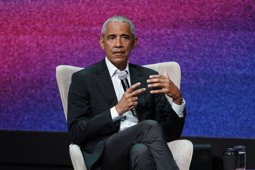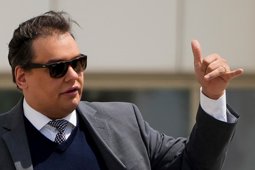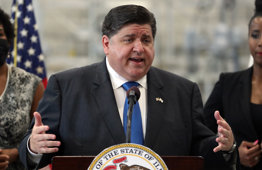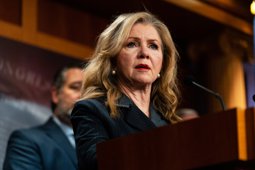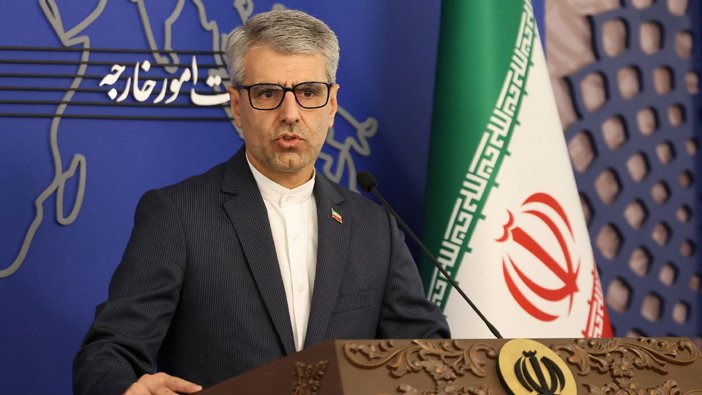
Iran Vows Response if UN Imposes Snapback Sanctions
Iran warns of “appropriate and proportionate” retaliation if UN reimposes nuclear sanctions, raising global tensions.
Iran Issues Warning as UN Debates Snapback Sanctions
Iran has issued a stark warning that it will retaliate if the United Nations Security Council (UNSC) enforces “snapback” sanctions, as world powers consider new measures to halt Tehran’s nuclear program. The announcement from Foreign Ministry spokesperson Esmaeil Baghaei came during a Monday press conference, coinciding with the tenth anniversary of the 2015 nuclear deal, formally known as the Joint Comprehensive Plan of Action (JCPOA).
Baghaei declared, “The threat to use the snapback mechanism lacks legal and political basis and will be met with an appropriate and proportionate response from the Islamic Republic of Iran.” While he did not specify Iran’s response, the warning underscored the growing friction surrounding the nuclear agreement’s future and the looming deadline for potential action.
Snapback Sanctions: Risks, Deadlines, and Diplomatic Challenges
The JCPOA allows any signatory to unilaterally invoke snapback sanctions if Iran is found in violation. However, after the United States withdrew from the agreement in 2018, Washington’s ability to trigger the mechanism has been disputed by other members. Despite repeated calls from the U.S. to enforce the snapback, neither the Security Council nor remaining JCPOA parties have initiated the process, citing both legal complexities and significant political risk.
Security experts note the urgency of the situation, as the snapback provision must be enforced by October 18 to remain valid. “It’s a risky move, but a worthwhile one,” explained Behnam Ben Taleblu, senior director at the Foundation for Defense of Democracies. He warned that Iran’s likely response would be to withdraw from the Treaty on the Non-Proliferation of Nuclear Weapons (NPT), an international accord aimed at curbing the spread of atomic weapons.
The International Atomic Energy Agency (IAEA), which oversees compliance with the NPT, has already faced Iranian resistance following recent U.S. and Israeli actions targeting Iran’s nuclear infrastructure. Experts caution that Iran’s exit from the treaty would raise the stakes and test the resolve of the U.S., Israel, and other international actors to deter further escalation.
Global Stakes and Uncertain Path Forward
Although the U.S. assesses Iran’s nuclear program has been delayed by as much as two years, officials remain concerned that Tehran’s ambitions have not been curbed. Iran’s continued ties to militant networks and hostile states underscore the persistent threat, with snapback sanctions seen as a last-resort measure to force compliance.
President Donald Trump has stated his commitment to negotiating with Iran but faces increasing pressure to act before Europe or other allies move forward with the snapback. The process, if triggered, would require approximately six weeks to take effect—adding urgency as the October deadline approaches and as Russia prepares to assume the UNSC presidency that month.
Speculation has swirled that Germany might soon initiate the snapback procedure, but German officials have denied immediate plans to do so. The uncertainty over who, if anyone, will act highlights the high stakes and complex diplomacy shaping the future of the Iran nuclear deal.
As international leaders debate the path forward, Iran’s warnings and the specter of renewed sanctions ensure that the next several weeks will be critical for the future of nuclear nonproliferation and Middle East stability.

